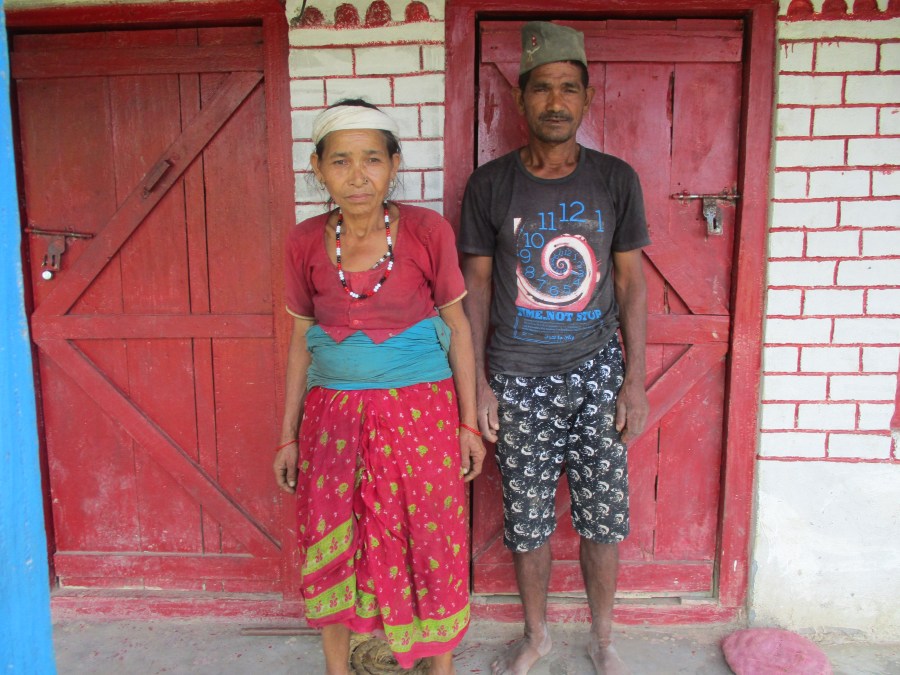How solar power is improving healthcare in Surkhet
The vast beauty of the Nepal landscape is known. Remote. Off-grid. Wild. Words that are often romanticised by visitors seeking adventure in the Himalayan nation. While desirable traits for a week of trekking, the reality of living remote and off-grid in Nepal comes with serious challenges. This is especially true for poor villages that do not have the resources needed to cope with the challenges.
One of the many challenges facing remote communities in Nepal is the access to reliable health care. While villages often have a local health post, they are usually poorly stocked and lack electricity. Without electricity, there is no refrigeration or ability to use machines. Without refrigeration a health post cannot stock many vaccines and medicines. The lack of machines limits the health services they can provide. Further, the health posts’ placement off rugged, often impassable roads means training, staffing, and public health programming of the health post is limited.
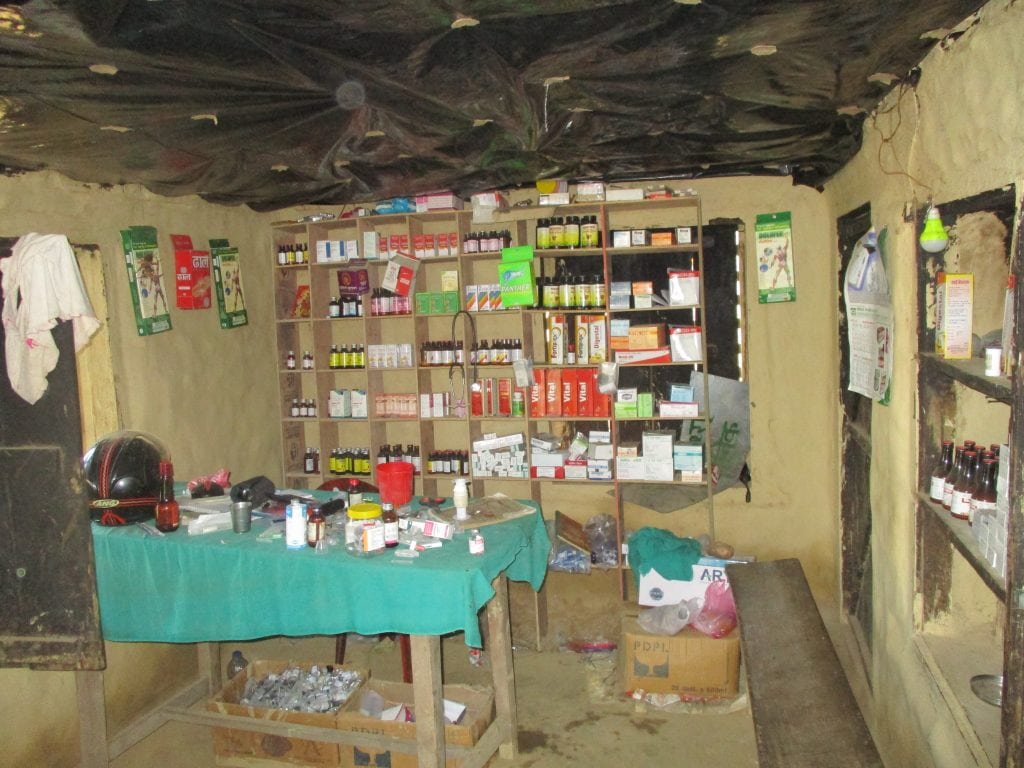
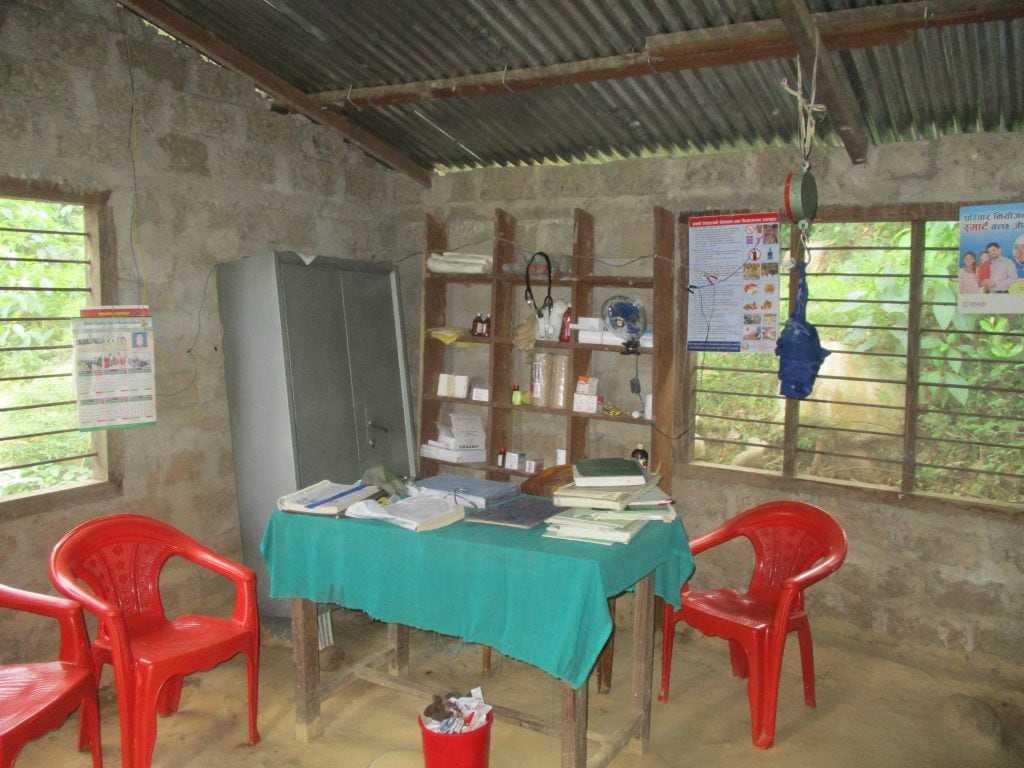
Manisara and Rupkali
Manisara and Rupkali live in Surkhet, Nepal. They are two inspiring and strong women that experience the challenging, daily realities of living with limited income in remote off-grid Nepal.
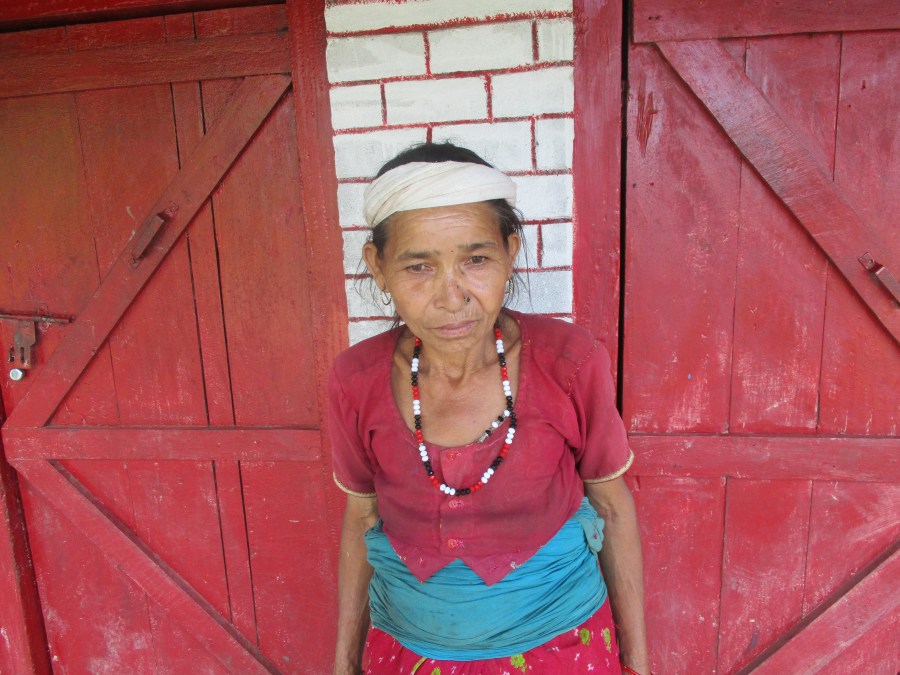
Meet Rupkali. Rupkali has asthma. To treat her condition, she must travel every month to access a nebuliser – a machine that turns liquid medicine into a vapour. Without electricity in her community, a nebulizer cannot be used locally. During the rainy season this becomes more difficult, as the roads become impassable and Rupkali cannot access the hospital by vehicle. The hospital is far and not possible for her to trek alone with her asthma. During these times, Rupkali is carried by other community members on a stretcher, about three hours in one direction. With such a long journey, the entire group must stay overnight after the treatment before they can return home. Rupkali must pay the food and lodging costs. This becomes expensive for Rupkali and her husband. A common, treatable illness such as asthma has become a significant time and financial barrier for Rupkali to escape poverty.
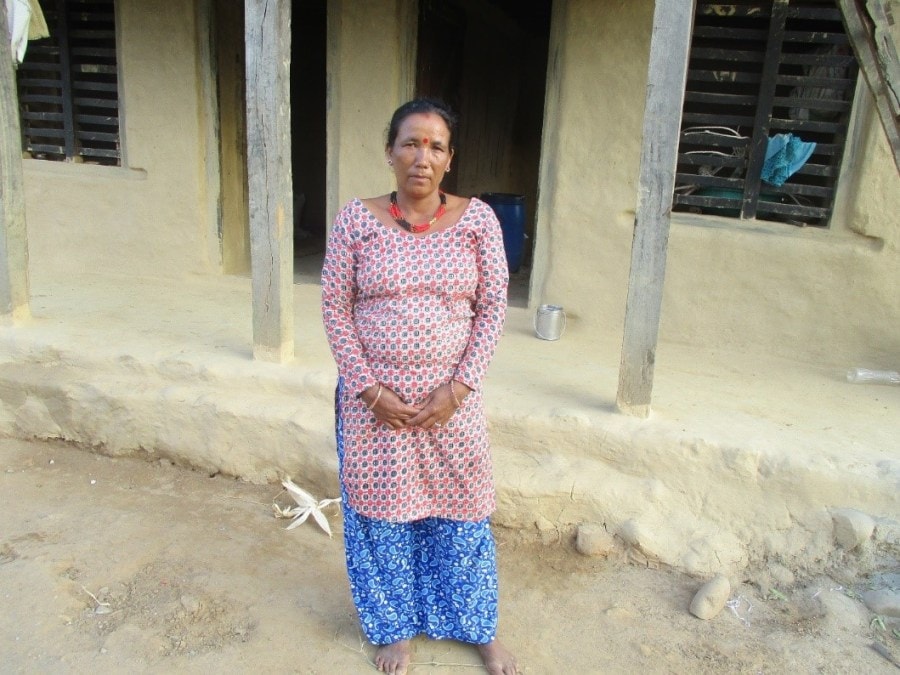
Meet Manisara. Four years ago, Manisara lost her 10-year-old daughter to tetanus.After getting a small cut on her finger, her daughter began to develop a fever and stiffness. Once the symptoms began, the family decided to make the expensive journey to the nearest city – roughly five hours away. By the time Manisara and her daughter reached the hospital it was too late. This tragic loss could have been prevented if Manisara had access to and knowledge of vaccines; however, without power in the village, it has been impossible for the local health centre to stock vaccinations.
The good news for Rupkali and Manisara? Their community will soon install a new solar microgrid. With support from EKOenergy, we are currently working alongside Manisara, Rupkali, and the rest of their community to plan and install our first community-managed solar microgrid in Nepal. This microgrid will power homes in their village, as well as community buildings such as the local health centre. Together, we will power a healthier future for more than 2,750 people. What does this mean to Manisara and Rupkali?
Manisara looks forward to having vaccines stocked in the village. She shared that her one-year-old granddaughter is currently following her full course of vaccines now – but having them stocked locally will mean saving time and money. She will no longer have to travel to a distant hospital for future vaccines and healthcare needs. Manisara shared that she is confident her community will soon be vaccinated on many things, as her experience has made the community understand their importance.
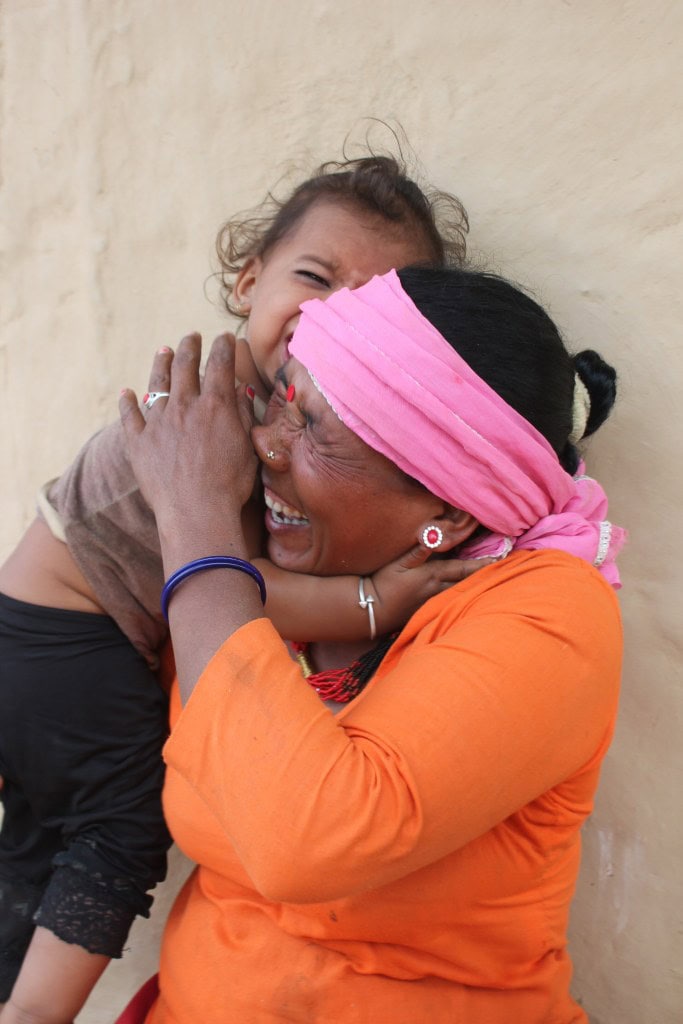
For Rupkali, she will soon be able to keep a nebuliser in her home. She shared that she looks forward to the convenience and cost savings. She will no longer make the long drive or request her husband and neighbours to carry her by stretcher. Most importantly, she looks forward to a future of better health.
